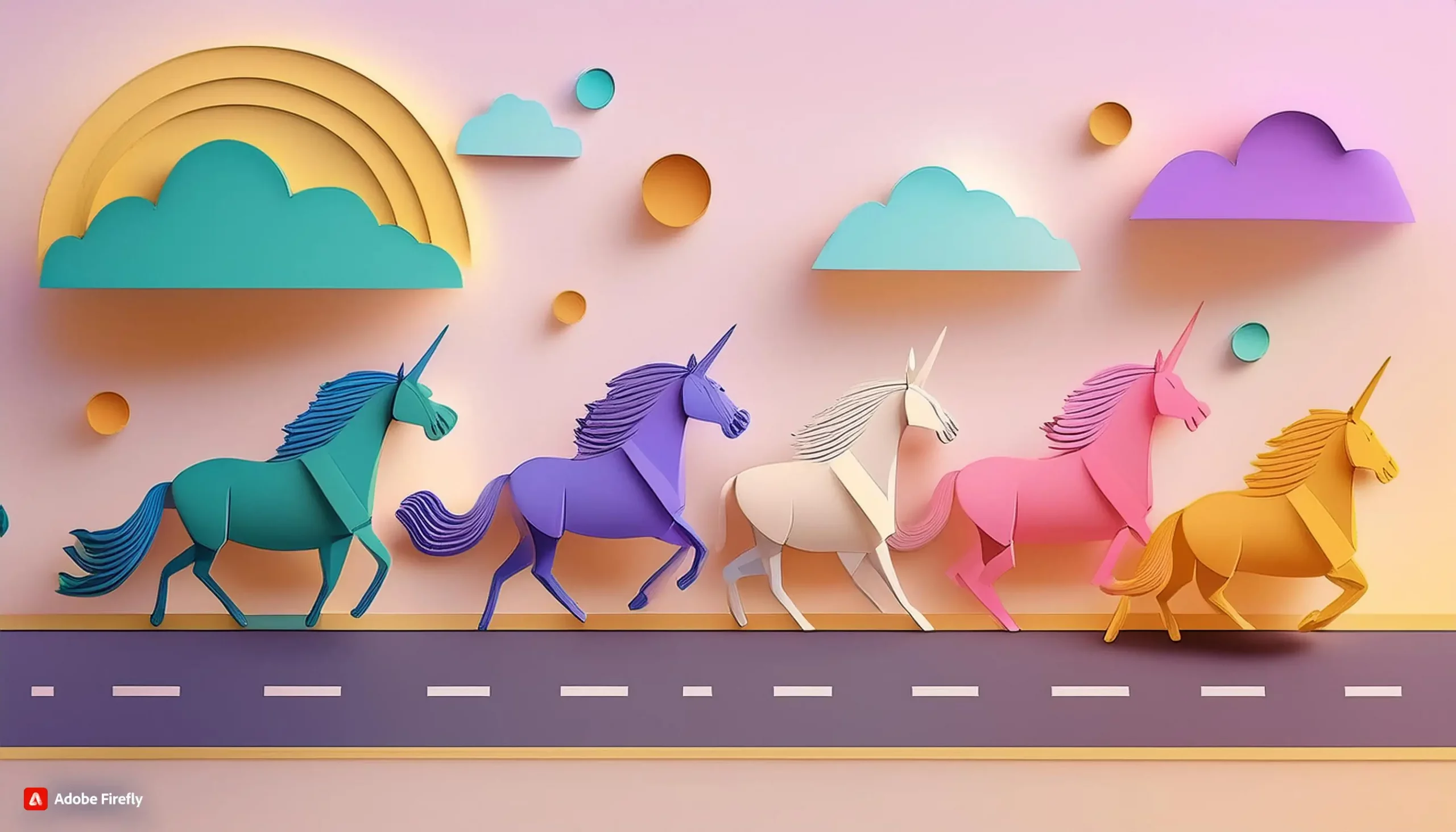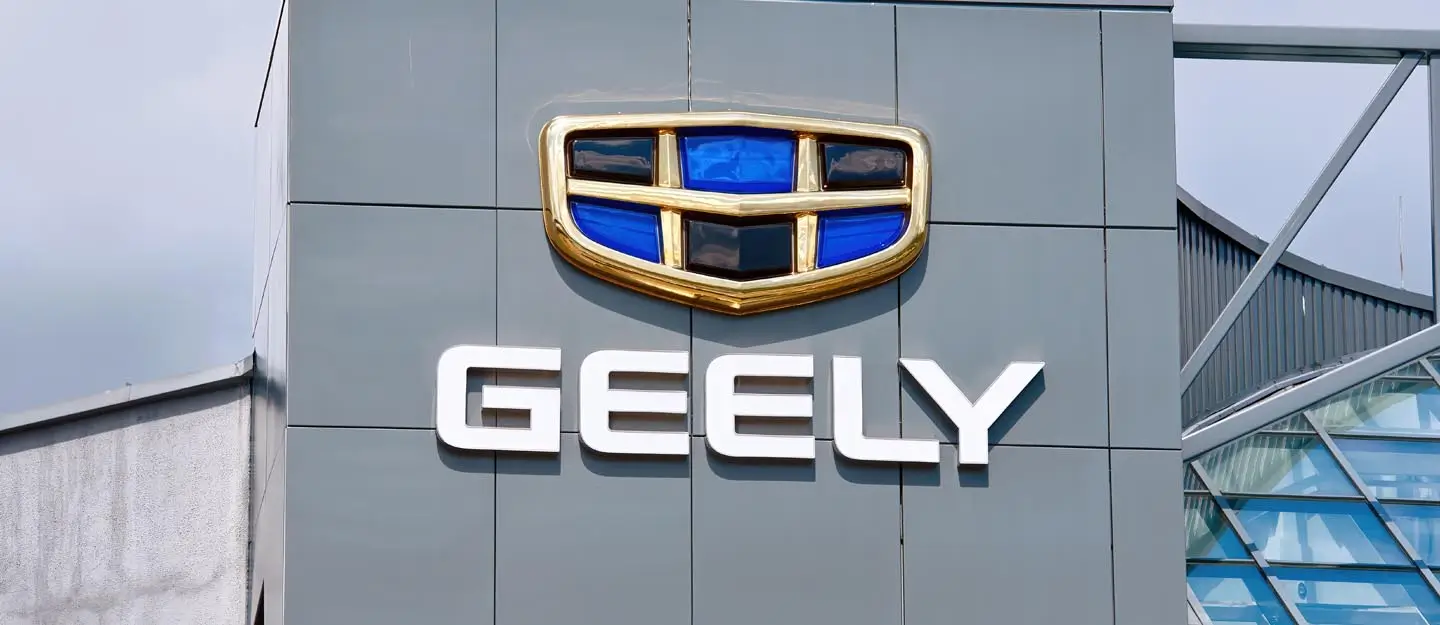How AI is Being Used to Revolutionize the Car Industry (PDF)
Artificial intelligence (AI) and self-driving cars are intricately linked topics in the realm of technology, where discussions of one naturally lead to discussions of the other.
The integration of AI is swiftly advancing across various sectors, but the automotive industry stands out as a hotspot for its adoption and innovation.
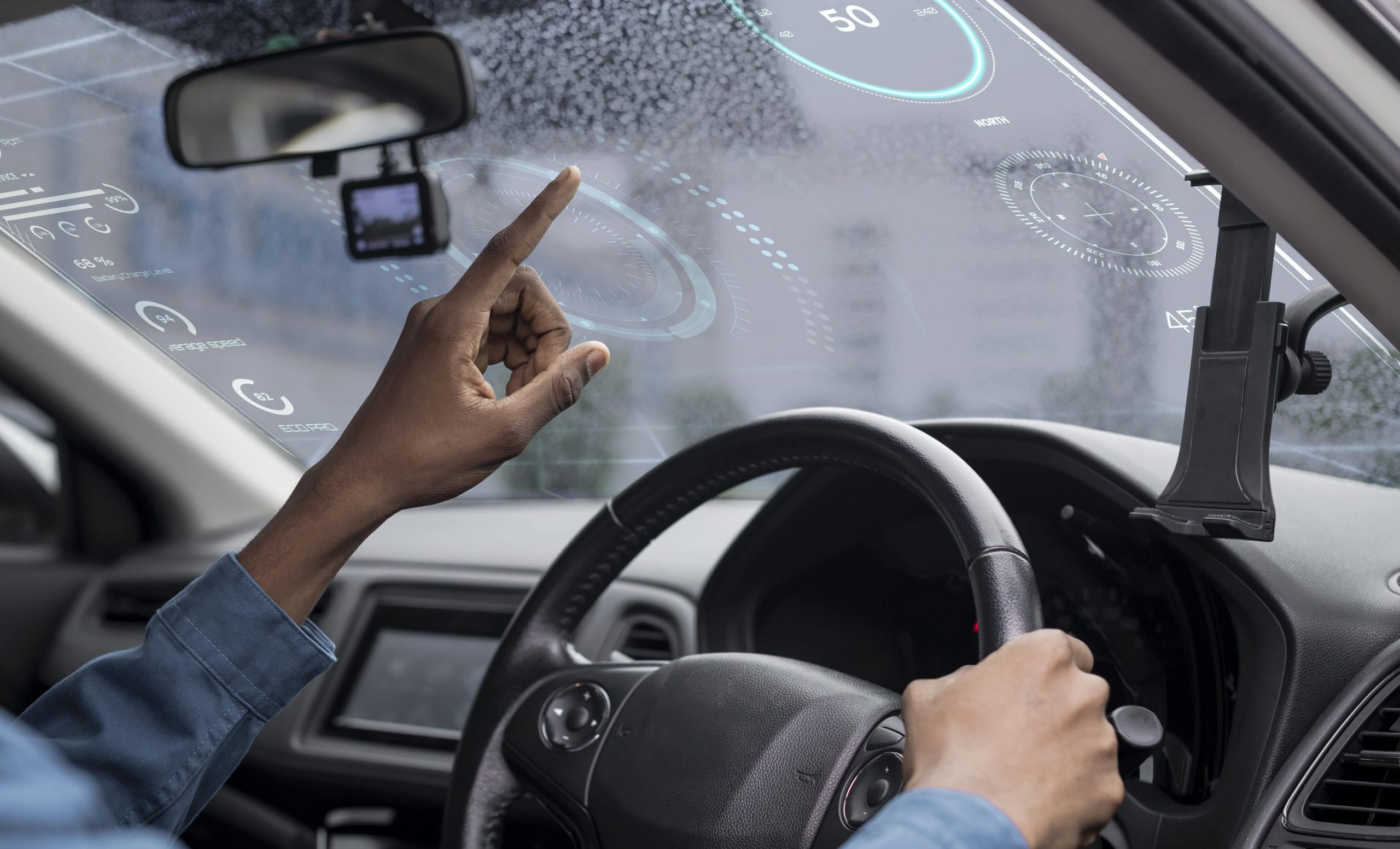
In the automotive realm, AI plays a pivotal role at every stage of vehicle production. Here are some prominent examples of AI applications in the automotive industry:
1. Manufacturing and Assembly:
- Car manufacturers employ AI-driven industrial robots to construct vehicles efficiently.
2. Autonomous Driving:
- AI-powered autonomous cars use machine learning and computer vision to navigate traffic safely.
With numerous car manufacturers and technology companies racing to develop AI and self-driving technologies, let’s explore how AI is transforming the automotive landscape.
AI for Autonomous Vehicles
The emergence of self-driving vehicles has captured the imagination of many. While major auto manufacturers are working on autonomous features, some tech companies and startups are leading the way:
Motional (Location: Santa Monica, California): This partnership between Aptiv and Hyundai is leveraging AI, including LiDAR, radar, and cameras, to ensure the safety of autonomous vehicles. Motional has provided over 100,000 self-driven rides without any at-fault incidents.
Waymo (Location: Mountain View, California): Waymo, a spin-off from Google, focuses on developing autonomous vehicles capable of safely transporting passengers. Their technology boasts 360-degree perception capabilities, detecting obstacles from up to 300 yards away.
Zoox (Location: Foster City, California): Zoox is creating its own autonomous vehicles for ridesharing. Users can summon these robotic rideshare vehicles through a smartphone app, and in 2023, they conducted their first robotaxi ride with passengers on public roads.
AutoX (Location: San Jose, California): AutoX specializes in retail-based autonomous vehicles for robotaxi and driverless grocery delivery services. Their vehicles combine AI software, sensors, real-time cameras, and extensive testing to ensure safe decision-making on the road.
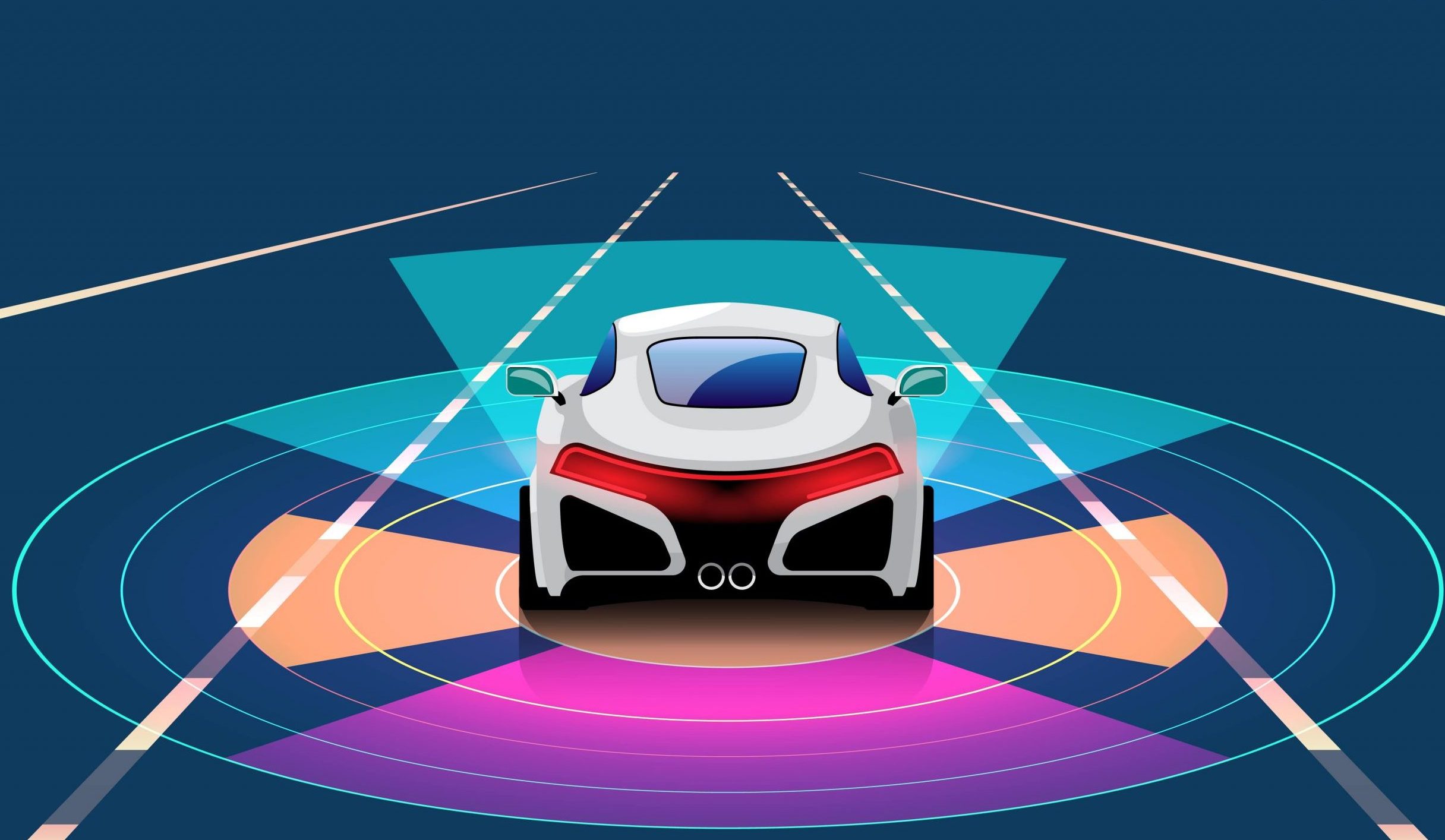
AI for Auto Manufacturing
Beyond the vehicles themselves, AI is reshaping the manufacturing process
CCC (Location: Chicago, Illinois): CCC connects auto manufacturers with a data pipeline that uses AI and IoT to unlock insights, enhancing vehicle safety and durability.
Rockwell Automation (Location: Milwaukee, Wisconsin): Rockwell Automation equips manufacturing robots with AI to assemble cars, apply paint, and install intricate parts. They also provide AI solutions for tire manufacturing and electric vehicle production.
ABB (Fully Remote): ABB offers robotic AI products, with manufacturing robots that collaborate with humans to inspect vehicle parts and perform tasks using AI to sense and learn when to stop moving.
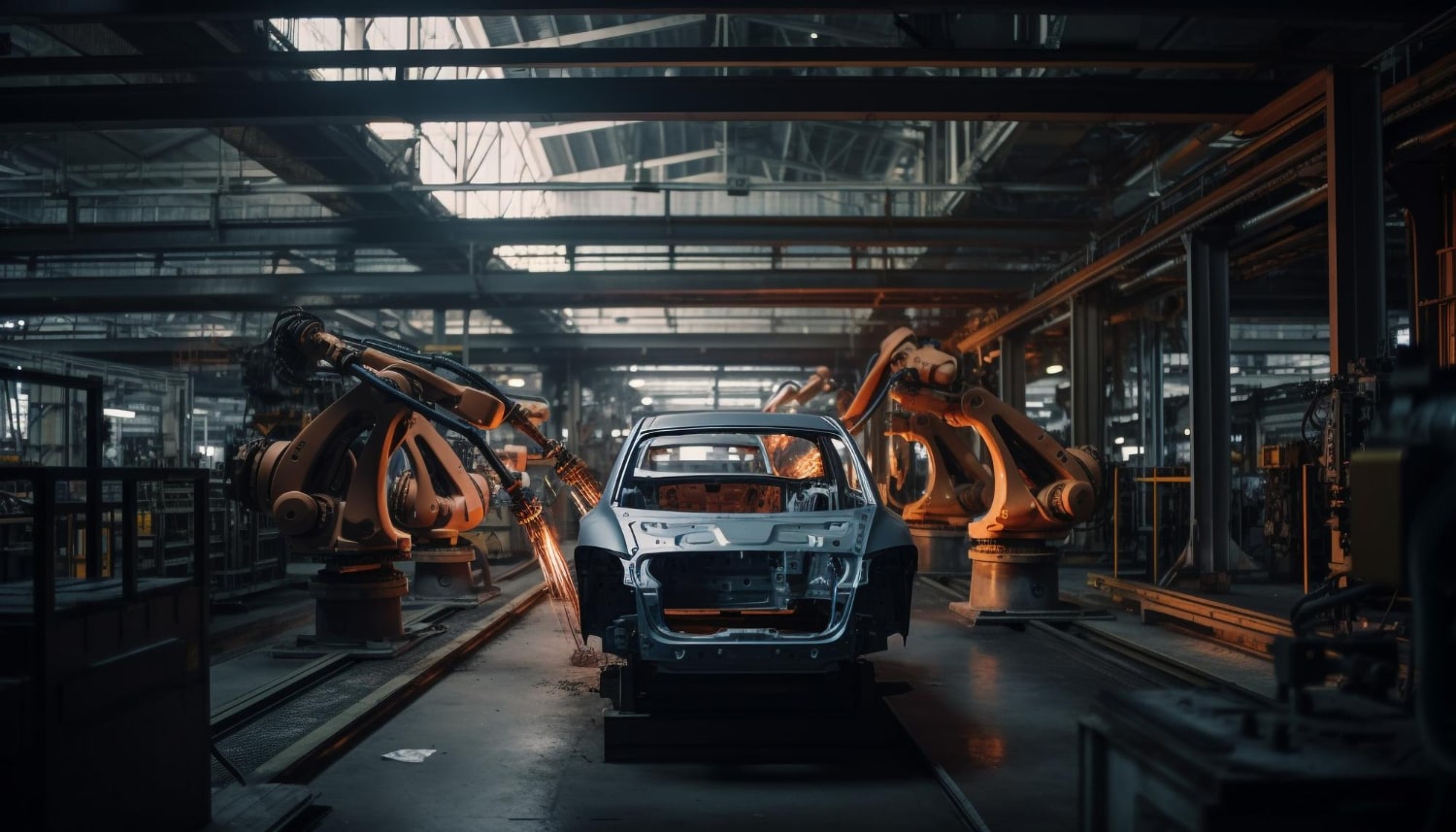
AI for Driver Assistance
Advanced driver-assistance systems (ADAS) powered by AI are making our roads safer.
SapientX (Location: Santa Cruz, California): SapientX enhances vehicles with conversational voice AI, employing speech recognition, natural language processing, speech synthesis, and smart avatars to make AI more user-friendly and intuitive.
CarVi (Location: San Francisco, California): CarVi’s AI-based ADAS provides driving analysis and real-time alerts for lane departure, forward collisions, and driving conditions. It also tracks and improves driving skills.
Nauto (Location: Palo Alto, California): Nauto’s intelligent driver system uses AI to reduce distracted driving, assess driver behavior, and enhance safety by helping drivers avoid collisions and traffic violations.
Tesla (Location: Palo Alto, California): Tesla’s Autopilot feature enables automatic steering, accelerating, braking, lane changing, and parking. However, it is intended for use with a fully attentive driver ready to take control at any moment.
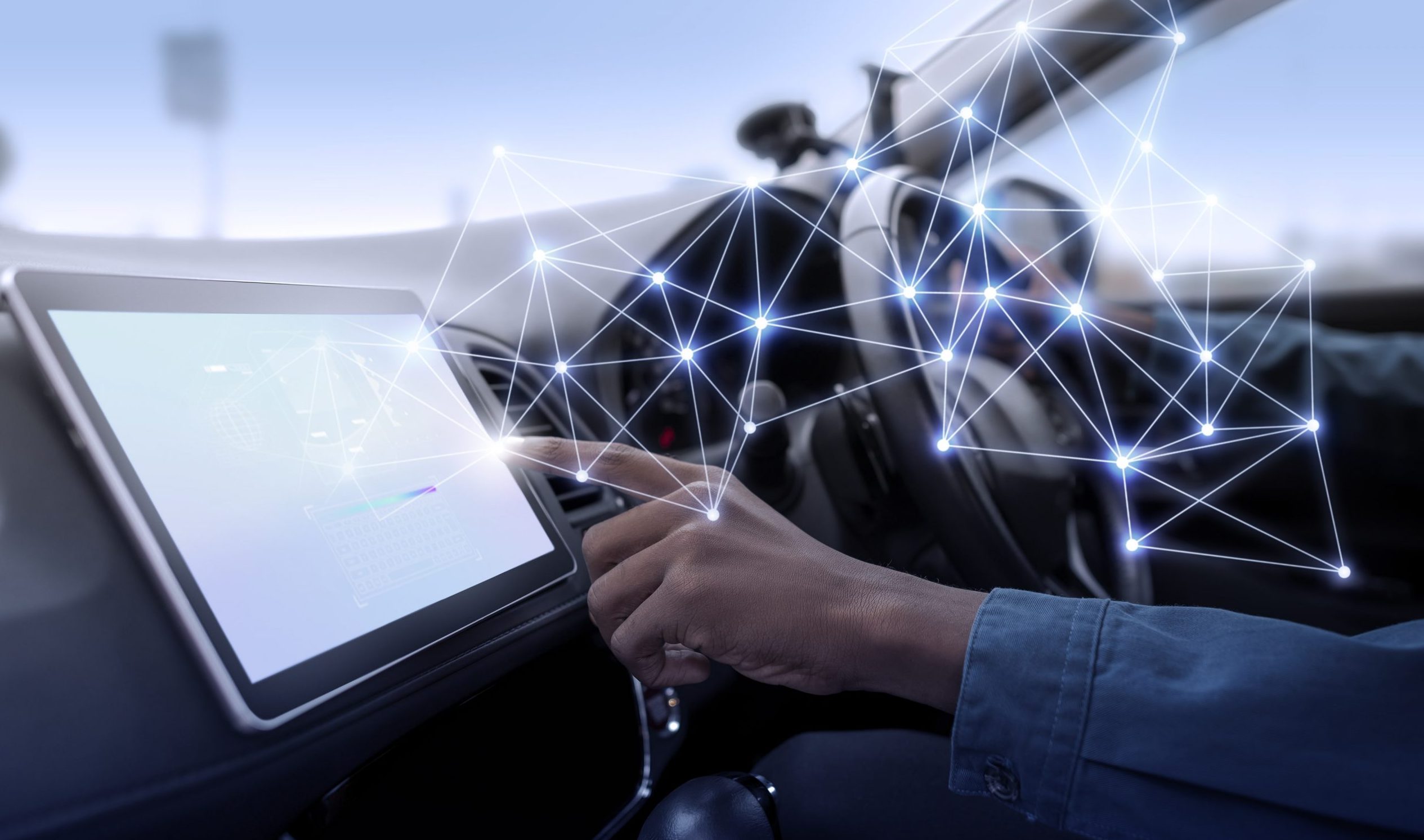
AI for Autonomous Delivery
As the demand for rapid and efficient delivery services continues to soar, AI is taking center stage in the world of autonomous delivery. With the online food delivery industry projected to surpass a market value of $192 billion by 2025, innovative solutions are emerging to meet the ever-growing consumer expectations.
Here are three notable examples of autonomous delivery services harnessing the power of AI:
1. Refraction AI (Location: Ann Arbor, Michigan):
- AI Integration: Refraction AI pioneers robotic, self-driving delivery systems tailored for last-mile deliveries from restaurants, pharmacies, and grocery stores. This innovation ensures quicker, cost-effective, and safer deliveries that align with today’s customer demands.
- REV-1: The company’s flagship vehicle, REV-1, operates seamlessly in diverse weather conditions. Its adaptable size and weight allow it to effortlessly transition between car and bike lanes, prioritizing delivery speed without disrupting traffic flow. Equipped with advanced AI, REV-1 selects optimal delivery routes. Low-cost sensor technologies, including cameras, enable precise and responsive stopping, ensuring a secure, compact, and scalable solution to autonomous delivery.
2. Starship Technologies (Location: San Francisco, California):
- AI-Driven Delivery Robots: Starship Technologies specializes in building self-driving delivery robots that navigate at pedestrian speeds, adeptly avoiding obstacles. These robots are tasked with transporting packages, groceries, and meals to customers who place orders through the Starship app.
- Efficient Delivery Process: Weighing less than 100 pounds, these autonomous delivery robots feature a secure cargo bay that remains locked until they reach the customer. Upon arrival, customers can use the app to unlock the compartment and retrieve their orders. Starship’s robots have an impressive track record, having completed over 4 million deliveries.
3. Kiwibot (Location: Berkeley, California)
- Robotic Delivery Network: Kiwibot is at the forefront of developing a robotic last-mile delivery network, boasting a fleet of more than 500 AI-powered, all-electric robots. These robots have been deployed across 26 campuses throughout the United States.
- User-Friendly Experience: Users can conveniently place restaurant orders through the app and then monitor the progress of their robotic delivery in real time. Kiwibot’s advanced AI ensures reliable and efficient delivery services.
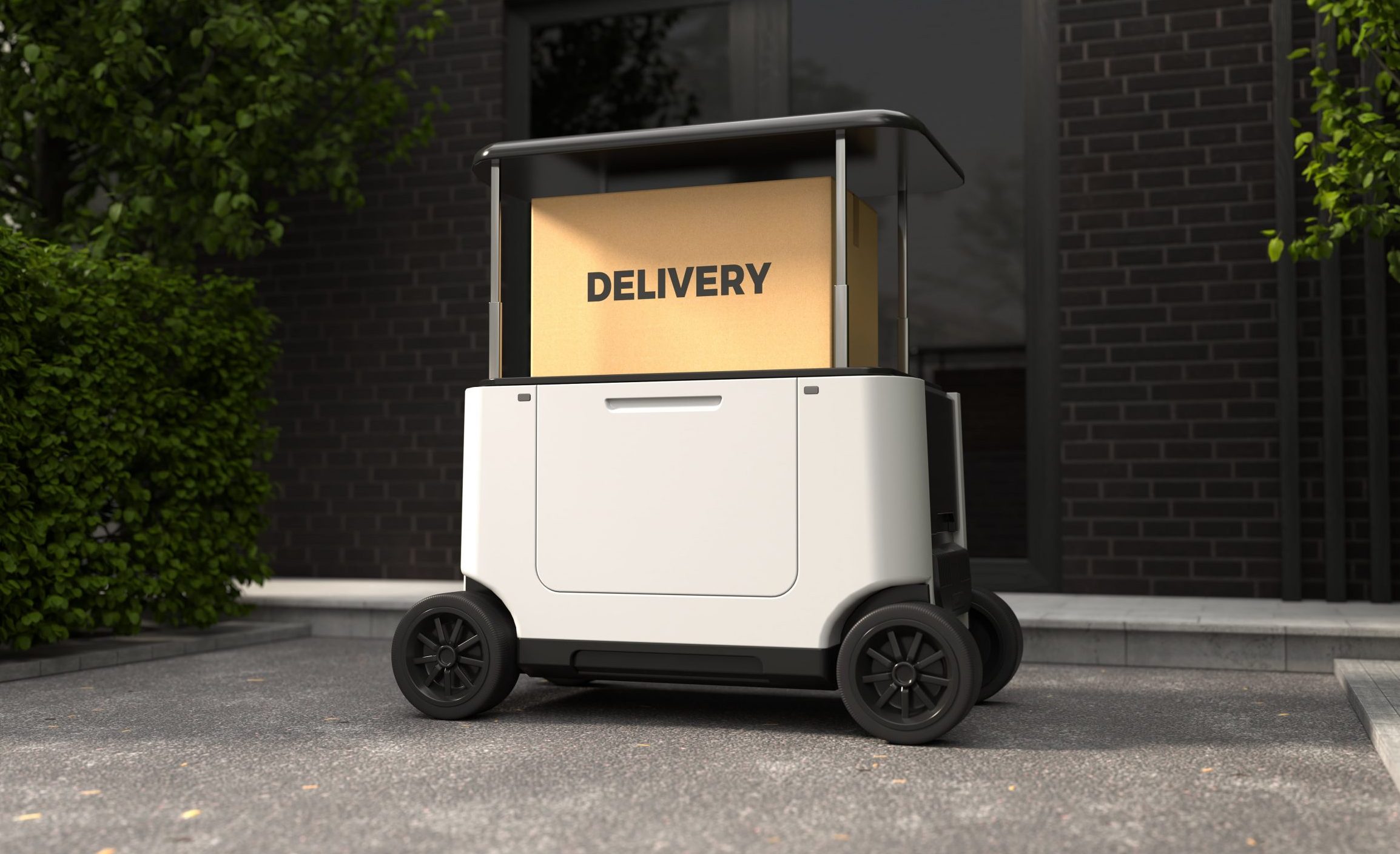
A Brighter Future
These examples illustrate the wide-ranging applications of AI in the automotive industry, from enhancing vehicle safety and transforming manufacturing processes to redefining the driving experience and offering faster autonomous delivery, more cost-effective, and safer solutions to meet the surging demands of modern consumers.
For more articles about innovations in the automotive market, check out our Auto Appraiser Blog

